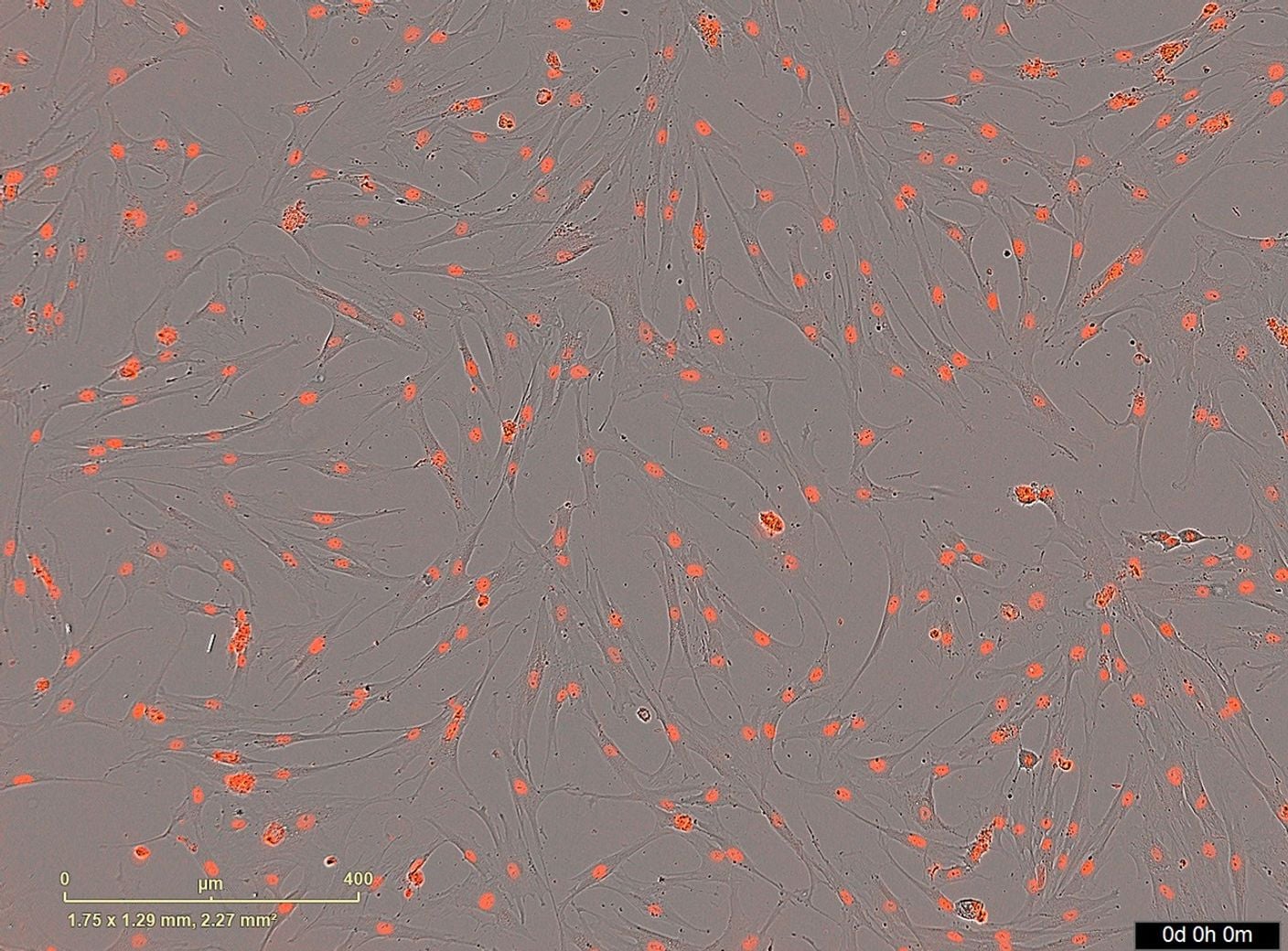The 33rd SpaceX commercial resupply mission for NASA is set to launch from Kennedy Space Center in late August. This mission carries a crucial experiment focused on bone health to the International Space Station (ISS). Scientists aim to study the effects of microgravity on bone density, which could lead to major breakthroughs for osteoporosis and bone loss treatments here on Earth.

Why Study Bone Loss in Space?
In microgravity, astronauts lose bone mass much faster than they would on Earth. This makes the ISS a perfect environment to test new therapies and preventive measures. Researchers hope to gain valuable insights by analyzing how bones and stem cells respond to weightlessness. These findings could help with developing better treatments for bone-related diseases not just for astronauts, but for millions of people worldwide who suffer from bone density loss.
The Future of Bone Health Research
This cutting-edge experiment may pave the way for innovative medical solutions. By understanding bone loss in space, we can improve our knowledge of the human body and create safer, more effective therapies. Stay tuned as SpaceX and NASA continue to push the boundaries of science and medicine.